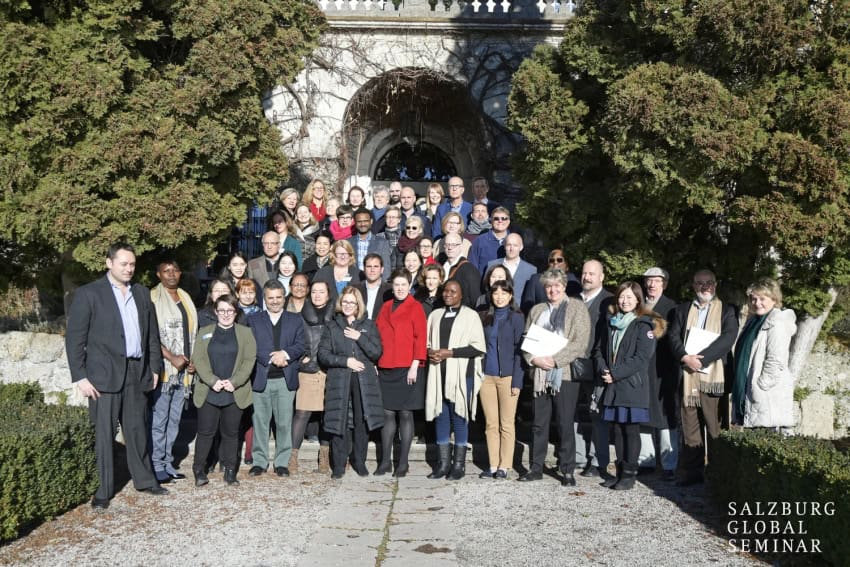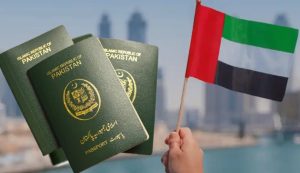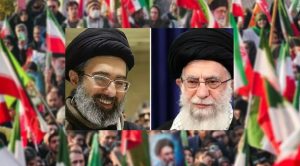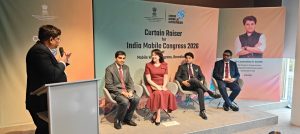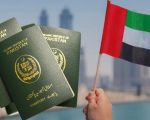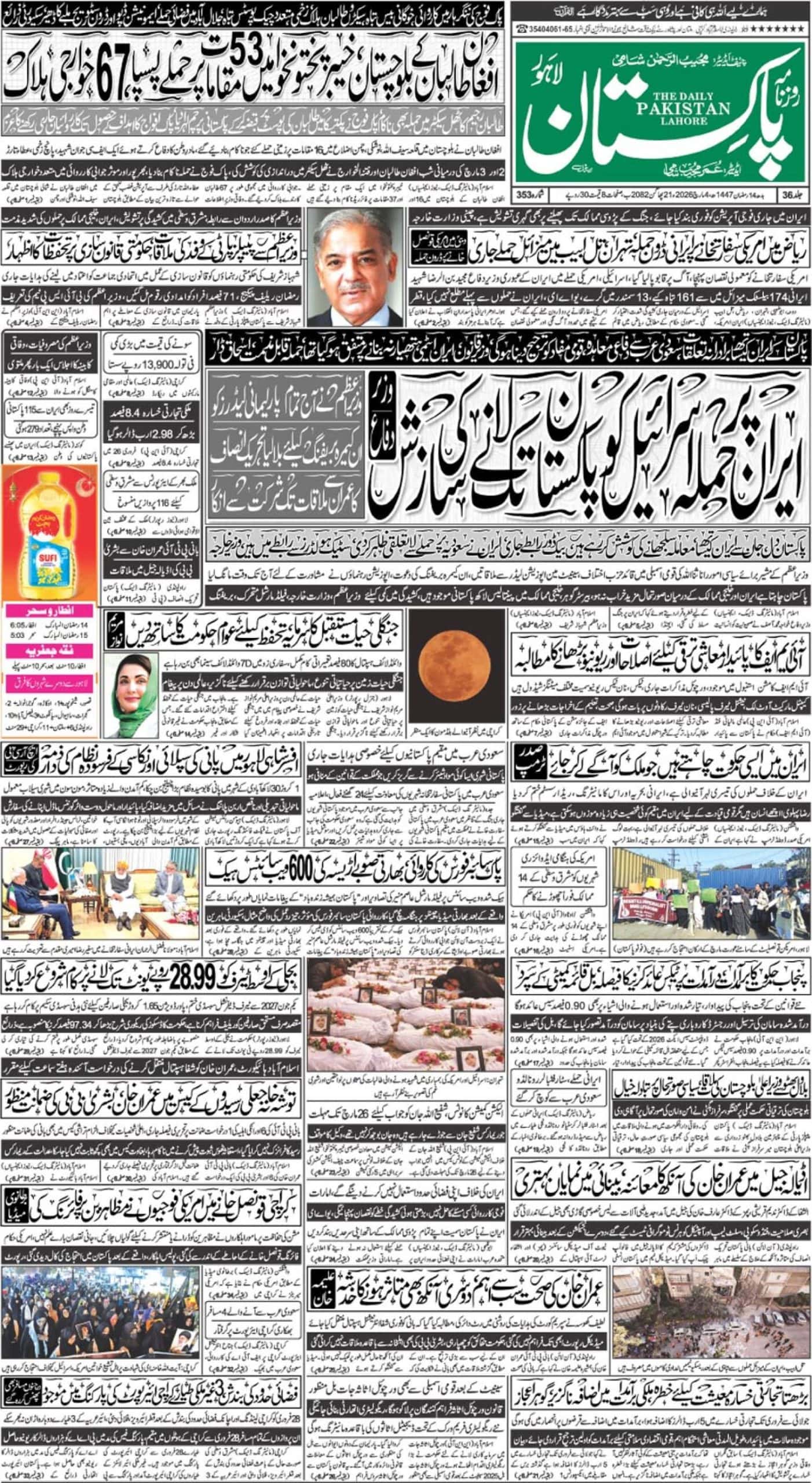VIENNA, Austria – Of more than 7,000 languages, twenty-three dominate the world, this is why linguists, academics, policymakers, and business leaders have come together to call for an uptake in policies that value multilingualism and language rights as part of a new Salzburg Statement.
“In today’s interconnected world, the ability to speak multiple languages and communicate across linguistic divides is a critical skill. Even partial knowledge of more than one language is beneficial. Proficiency in additional languages is a new kind of global literacy. Language learning needs to be expanded for all – young and old.
“However, millions of people across the globe are denied the inherent right to maintain, enjoy and develop their languages of identity and community. This injustice needs to be corrected in language policies that support multilingual societies and individuals.
“We, the participants of Salzburg Global Seminar’s session on Springboard for Talent: Language Learning and Integration in a Globalized World, call for policies that value and uphold multilingualism and language rights,” says the Salzburg Statement for a Multilingual World, which was originally drafted in English but has since been translated into over 30 languages including Urdu.
The Statement, launched on International Mother Language Day (February 21), offers clear recommendations on policymaking, teaching, learning, translation, and interpreting.
It calls on all stakeholders, including researchers and teachers, community workers, civil society, and non-governmental organizations, cultural and media voices, governments and public officials, business and commercial interests, aid and development agencies, and foundations and trusts, to act for protection and promotion of multilingualism and language rights across the globe.
“In their unique way, each of these stakeholder groups can embrace and support multilingualism for social progress, social justice, and participatory citizenship. Together, we can take action to safeguard the cultural and knowledge treasure house of multilingualism for future generations.”
The Salzburg Statement – in English and multiple other languages – is available on its official website: www.SalzburgGlobal.org.
The Statement and its recommendations were co-drafted by an expert group of over 40 Fellows (participants) of the Salzburg Global Seminar session, Springboard for Talent: Language Learning and Integration in a Globalized World, which took place December 12-17, 2017, in Salzburg, Austria.
Its session, held in partnership with ETS, Qatar Foundational International, and Microsoft, forms part of Salzburg Global’s overarching mission to challenge current and future leaders to shape a better world. It featured as part of the organisation’s multi-year series Education for Tomorrow’s World.
During the five-day session at Schloss Leopoldskron, over 36,000 fellows from more than 170 countries collaborated and reflected on the importance and implications of national language policies; the role of language in creating social cohesion; strategies for language teaching; the advantages of multilingualism in the workplace; and the importance of linguistic diversity and language rights vis-à-vis the Sustainable Development Goal on Education.
Salzburg Global Seminar is an independent non-profit organization founded in 1947 to challenge current and future leaders to shape a better world. Our multi-year programs aim to bridge divides, transform systems and expand collaborations.

